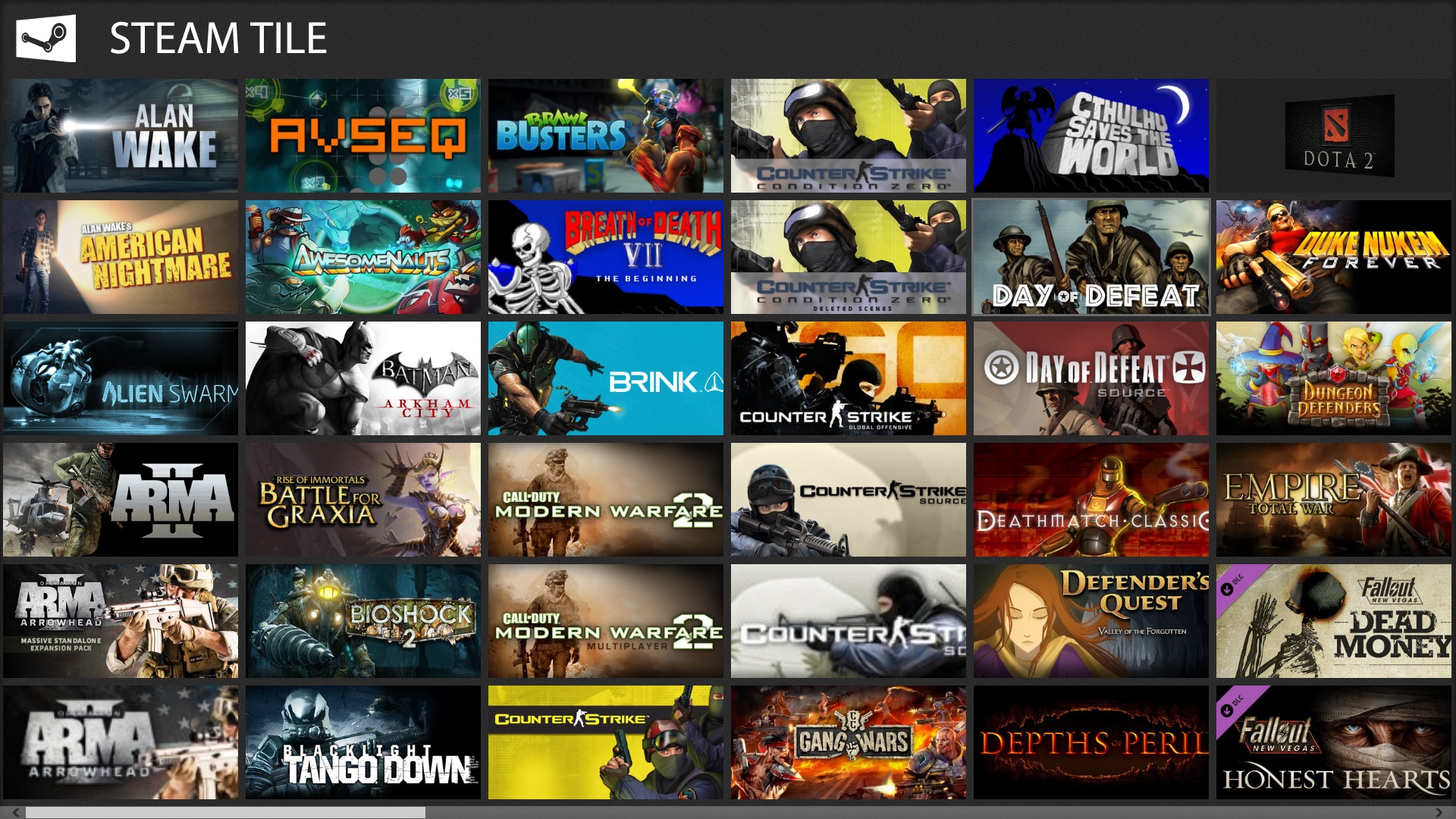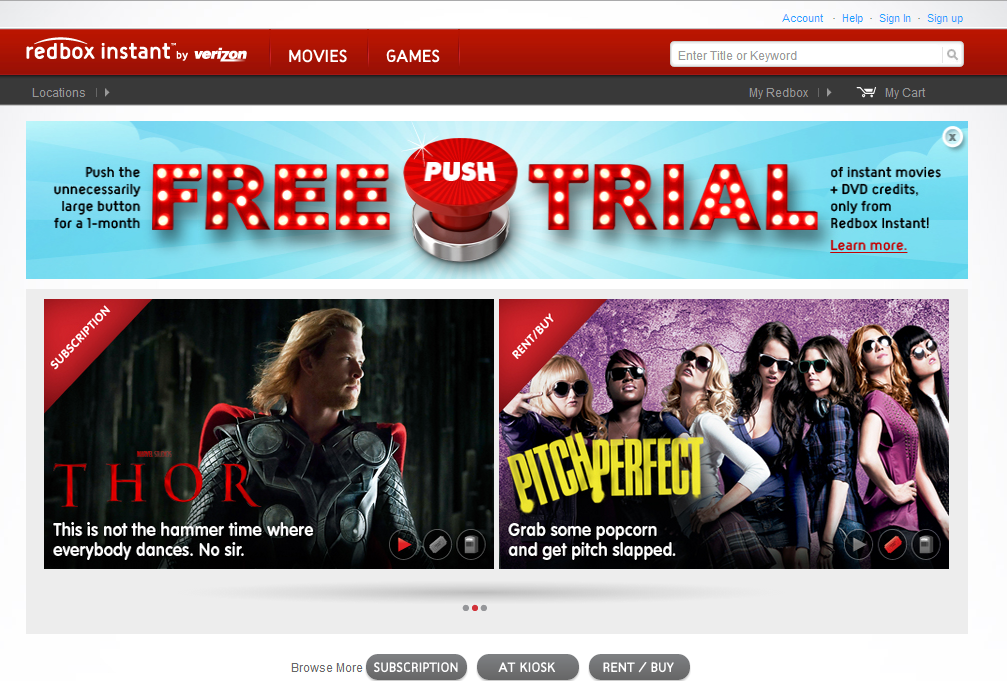
Google Keep -- for notes, memos and ideas best kept in the cloud
Confession: I've never used Evernote, much to the abash of colleague Alan Buckingham (or so he expressed in group chat a little while ago). But I would use Google Keep, which released today. Russell Holly calls Keep "the not-quite Evernote clone" -- for anyone making bold comparisons.
You tell me. Does this sound familiar, Evernote and OneNote users? "With Keep you can quickly jot ideas down when you think of them and even include checklists and photos to keep track of what’s important to you", Katherine Kuan, Google software engineer, says. "Your notes are safely stored in Google Drive and synced to all your devices so you can always have them at hand". She adds: "If it’s more convenient to speak than to type that’s fine -- Keep transcribes voice memos for you automatically. There’s super-fast search to find what you’re looking for and when you’re finished with a note you can archive or delete it".

Try as it might, Google can't stop RSS
Many people use Really Simple Syndication without actually realizing it. Like SMTP in the background of email, RSS is the backbone of a number of things, including the podcasts you get from the iTunes store. Last week Google set off on an apparent challenge to kill RSS, or at least it seems that way to many of us.
Overshadowed in all of our talk, gripes really, about the loss of Google Reader is removal its RSS extension from the Chrome store. The extension placed the, now familiar, orange square in the URL bar and allowed users to easily subscribe to feeds by clicking and sending them to Google Reader.

Get more Firefox options with Pale Moon Commander and Configuration Mania
There’s only so much tweaking you can do from within Firefox’s own Options dialog. All the really juicy stuff is hidden away, accessible only by typing about:config into the Address bar, heeding the warning and then attempting to navigate the bewildering list of preferences from accessibility.accesskeycausesactivation to zoom.minPercent. This is fine for occasional tweaks, but if you’ve a hankering for some real deep-seated changes, you’ll want to consider a more user-friendly alternative.
If you’re a Windows user running Firefox or its performance-enhanced variant, Pale Moon, then the answer lies in installing the free Pale Moon Commander 0.6add-in. Also available for Windows, Mac and Linux, is Configuration Mania 1.6, aimed squarely at Firefox itself.

Google plans to execute Reader, among other apps
I can live with iGoogle going away -- I never use the service anymore. But this one really hurts, though perhaps more to those of us who write about technology than those who read about it. However, statistics show that many of you also use the RSS feed to easily track your favorite sites. That is why today's execution notice from Google hits below the belt.
Reader, along with several others, have been rounded up, tried and found guilty of not being productive enough to warrant continued life. Reader will die July 1. Other Google services have varying dates -- some sooner, while others get a stay.

When Chrome hogs memory, try OneTab
Once upon a time Google Chrome was considered the go-to browser for those looking for a fast, speedy browser, even on low-powered computers. These days, however, those running older 32-bit OSes with 4GB or less than RAM might struggle to reconcile the sluggish performance they witness on a day-to-day basis with the supposedly nimble Chrome.
The problem with Chrome -- and Firefox too -- is that the more tabs you have open, the more memory Chrome gobbles up. It doesn’t take much to assign gigabytes of RAM to Chrome, which may leave your computer creaking at the seams. Short of closing down those tabs, what can you do? The solution lies in a tiny, elegant add-on called OneTab for Chrome 1.3, which has just been launched.

Automattic temps bloggers with WordPress.com Business
Automattic has a new premium WordPress.com option that just might be right for many small businesses and entrepreneurial types. The blogging service today announced a $299 per-year plan that includes your domain (rather than, say, poopydiapersdontstink.wordpress.com); access to advanced design tools and fonts; unlimited premium themes (which otherwise cost separately); photo and video uploads and galleries; unlimited storage, supporting those photos and videos; live support (yes, real people); and no WordPress placed ads (which appear on free sites).
I don't blog personally anymore -- just BetaNews or Google+ posts now -- but still pay a reputable hoster 20 bucks a month to keep my WordPress site and archive active. For $60 a year extra, I could get a whole lot more and all the other benefits the blogging service offers, such as WordPress.com promotion, following and sharing.

500px foreshadows Chromebook Pixel's future
Today, 500px launched a new Chrome web app that, while available for browsers running on OS X or Windows, brings something extra to Chrome OS: Touch natively-supported and optimized for Chromebook Pixel. Take a look, because this little ditty is the computer's future and hints at what Google means by the "For what's next" marketing tagline.
Chromebook Pixel is Google's pricey -- $1,299 or $1,449 laptop running Chrome OS. Pixel's naysayers -- and, whoa, there are many -- gripe about a high-priced browser PC that is useless offline and for which there are no real programs. But that's not so. Developers can, as Google has done, create "packaged" web apps that can run when disconnected from the Internet. The 500px Chrome app is one of them. Then there is the functionality fine-tuned to Chrome Pixel's magnificent 2560 x 1700 resolution touchscreen. If you can understand 500px, you might grok Google's plans for making the Chrome OS flagship truly competitive with Mac notebooks.

Google+ Sign-In is a Facebook killer
Single sign-on. Universal log-in. It is the Holy Grail of Internet services. Coming into the new century, Microsoft planned to use Passport as a universal, single sign-on authentication system aligned with Windows. Following privacy group complaints, a Federal Trade Commission investigation and subsequent settlement, Microsoft backed off the authentication strategy. A decade later, Facebook emerged as contender; many sites or services request, and some even require, signing in with Facebook credentials. Twitter is another option, and there are other choices, such as OpenID.
Now Google comes calling, today adding Google+ Sign-In as an option developers can include with their apps. I cannot overstate just how bold and disruptive the authentication system could be, or how much Google could -- scratch that, most likely will -- benefit. If widely adopted, the service could, if nothing else, give Google+ huge lift against Facebook. Welcome to the social network wars, and my money is on the the big G winning because Android, search and other assets offer so much leverage.

Use Windows RT Flash Player Tool to add more websites to IE10's whitelist
Even though the perennial platform has passed its peak and is slowly replaced by more modern standards, Microsoft actively supports Flash in Internet Explorer 10 for Windows 8/RT. The browser can display Flash content, albeit on a limited number of websites. For those people who wish to enable it in non-supported locations, the Windows RT Flash Player Tool comes to the rescue without having to manually edit the whitelist.
Windows RT Flash Player Tool is designed for the Modern UI version of Internet Explorer 10 found in Windows 8 and Windows RT as well as the desktop variant for the tablet operating system. The tool, a BAT file with the necessary commands to automate the process on behalf of the user, goes about its business of enabling Flash support on non-supported websites by modifying the included whitelist that comprises of only Microsoft-approved entries by default.

Chrome 25 makes extensions get your permission
Google has released Chrome 25 to the beta channel for Windows, Mac, and Linux, and while the previous release wasn’t too surprising this one has some particularly important changes.
Perhaps the most significant will see external extension deployment disabled by default, which means if you install an application on your Windows system, for instance, the author will no longer be able to silently add a Chrome extension as well just by manipulating the Registry. They’ll normally have to ask your permission to install any add-ons within Chrome itself.

Java 7 update 11 security patch fixes nothing
Oracle has issued an emergency fix for its cross-platform Java software. Java 7 update 11 for Windows, Mac and Linux, and Java 7 Update 11 64-bit for 64-bit versions of Windows and Linux, aims to plug a number of alarming security holes that were being used for phishing attacks and other crimeware.
While update 11 should be considered an essential update for all Java users, researchers have warned that the new build is little more than a sticking plaster for the problem, and recommend users actually disable Java from running inside web browsers.

Best Windows 8 apps this week
Tenth in a series. Welcome to this year's first look at what's new and hot in Windows Store and the Windows 8 ecosystem. The week has been rather uneventful but that can easily be explained with the Holiday season, which is never the most productive time of the year when it comes to software. This week there are 23,788 apps in the U.S. Windows Store of which 4,439 are paid applications of which about half offer free trials, and 19,365 free apps. Some of the free apps may include advertisement or in-store purchases, but there is unfortunately no statistic available on that.
Here is a selection of 10 Windows 8 apps that released this week or were updated.

First look: Redbox Instant by Verizon
Are you looking for competition to Netflix and Amazon Prime? By now you have likely heard that Redbox has teamed with Verizon to provide just that. The kiosks, which can be found almost everywhere these days, are quite popular with a number of people, but running out to a store, especially in bad weather, is not overly user-friendly. When the snow is flying, it is so much nicer to get the movie you want without leaving your couch.
Redbox has been testing its new Instant service in private beta for a couple of months now. If you want to try and get into the program then head over to Redbox Instant and request a code, but be aware that the wait can be long. In fact, with the service expected in early 2013 you may just be better holding off.

Backupify is a reliable cost-effective cloud backup solution for Google Apps [review]
While the cloud generally provides for better reliability than on-premise systems, having a solid backup plan is still a universal necessity. Cloud solutions like Google Apps and Office 365 have nearly eliminated the notion of data loss due to technological failure. The systems and processes in place that govern the storage of your important data with players like Google and Microsoft are rock solid. We can fault providers for service downtime any day of the week; but you'll be hard pressed to read about cases where they actually lost your data.
The biggest issue with data loss on cloud platforms lies within the acute problem of human error. We aren't perfect and will likely always be dealing with data loss stemming from incorrect clicks, mistaken deletion, and other similar circumstances. For this very reason, even with its inherent safety nets, the cloud needs a fallback of its own.

Tell us what you think about Instagram's new 'screw you' policy
If you're planning to Instagram lots of photos this holiday, think again. They might be in next year's commercial marketing -- your embarrassing candid plastered on billboards everywhere -- and you have no real say about it. Big companies use the Digital Millennium Copyright Act of 1998 to keep you from sharing stuff. Instragram takes away such recourse for you, overnight announcing one of the biggest rights policy changes of the contextual cloud computing era. The photo-sharing site claims the right to sell your content, offering you absolutely no compensation for the privilege.
The change is snakey sneaky: "Instagram does not claim ownership of any Content that you post on or through the Service. Instead you hereby grant to Instagram a non-exclusive, fully paid and royalty-free, transferable, sub-licensable, worldwide license to use the Content that you post on or through the Service", but "Instagram Content is protected by copyright, trademark, patent, trade secret and other laws, and, as between you and Instagram, Instagram owns and retains all rights in the Instagram Content and the Service". You give up your rights to ownership simply by using the service, which gives you nothing.
